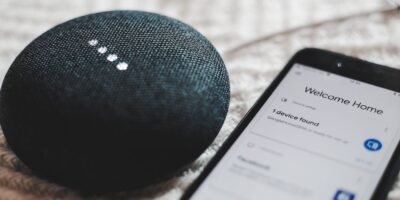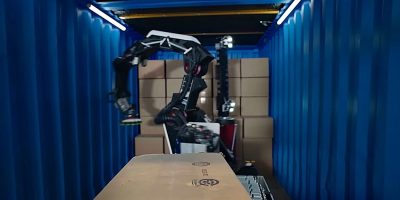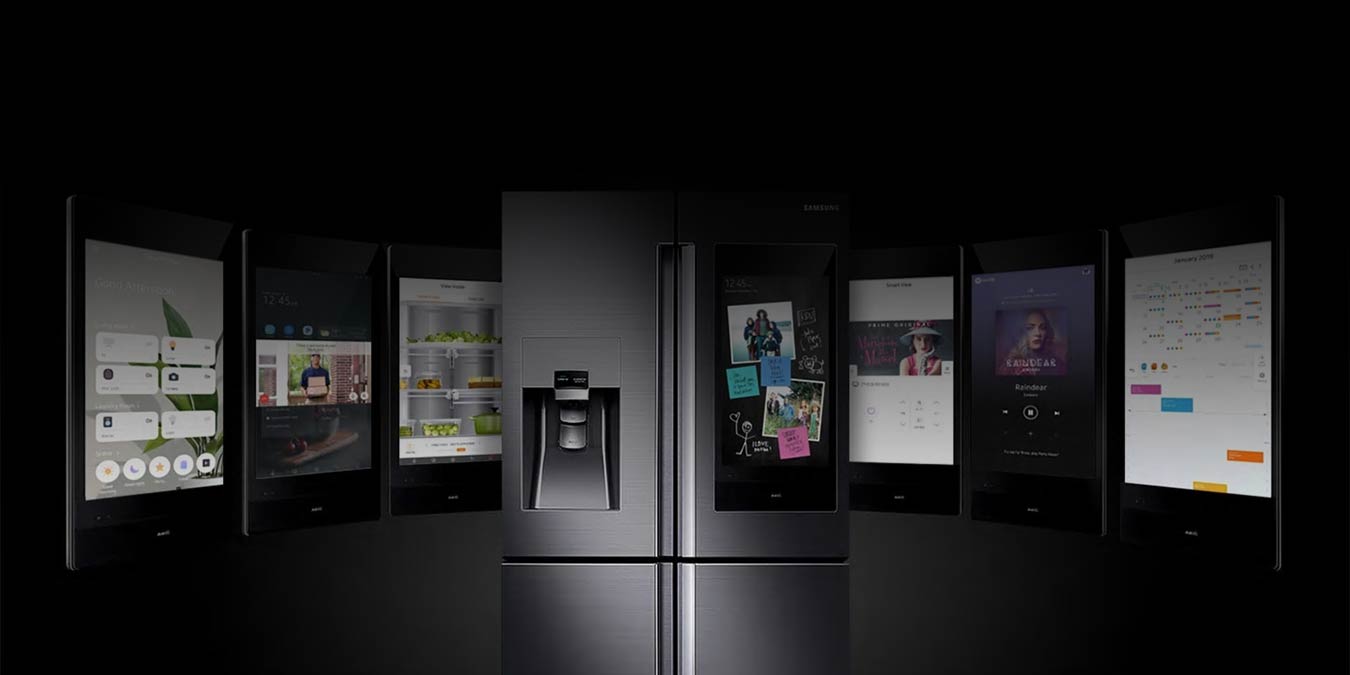
The Internet of things might seem like it’s been around a while, but that’s only in Internet time, where new things become outdated in days. Compared to many other technologies, the Internet of things is essentially brand new. Because of that, we still haven’t figured out how it’s going to affect our lives in key areas.
New technologies often mean a reduction in privacy, whether real or perceived. Which is it when it comes to IoT? Is this another irreversible change that means less privacy for everyone, or is it something you have individual control over?
What Does IoT Mean for Privacy?
IoT is driven by big data, and most of that information is about you, no matter how indirectly. Technologies like Amazon Alexa and Google Assistant are driven by machine learning algorithms going over voice recordings. If you own a product that uses one of these, a recording of your voice will likely be used in this fashion at some point.
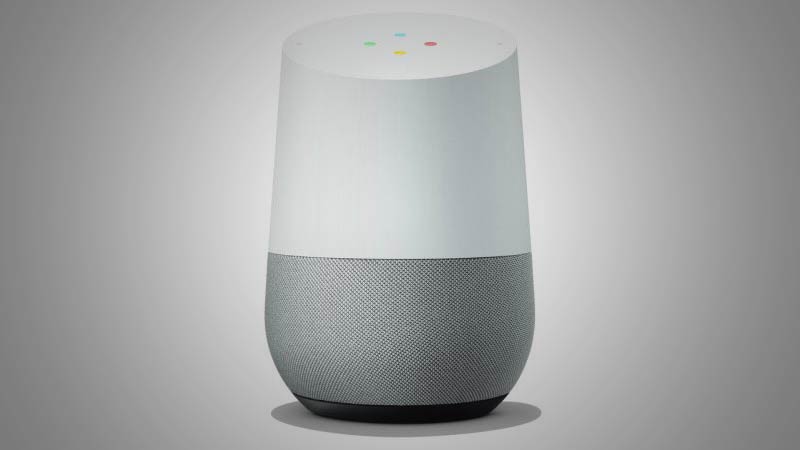
This is one of the aspects of IoT and technology in general that people tend to overlook, at least at the outset. Until a massive data breach happens and everyone knows what you’ve been asking Alexa to search the Web for, people tend not to care.
Are IoT and Privacy Fundamentally Incompatible?
Many IoT devices rely on extremely private information. Voice recordings are one example, but even something seemingly as innocuous as location information can be used to build a pretty complete profile of your habits. Combine it with your web searches and how often your lights have turned on and off at home, and it becomes startling how much personal information is available to someone who knows where to look.
Devices that use information in this way are invading your privacy, but we tend to only look at it that way if we don’t like how the data is being used. If it’s used to recommend restaurants or remind you to pack an umbrella, we smile and move on with the rest of our day.
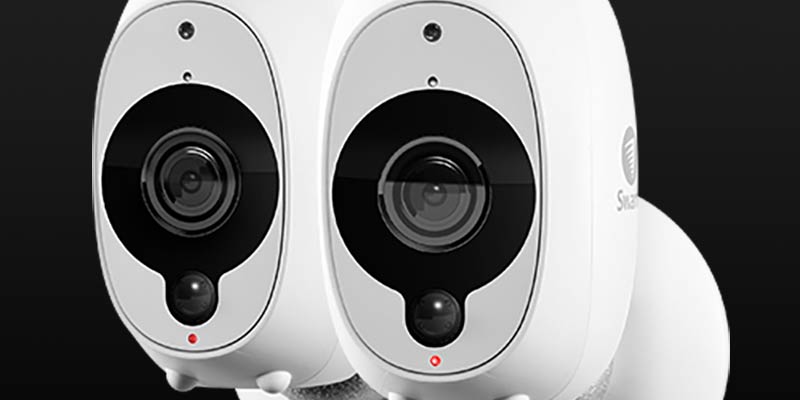
Then there are IoT devices that are literally meant for surveillance. Wi-Fi cameras can be mounted inside and outside your home, meant to keep an eye out for intruders. They also happen to be watching everything you do in and around your home. Yes, this is convenient, but again, it is also a massive invasion of privacy.
Are You Comfortable with Compromise?
Many IoT technologies do in fact mean less privacy. Right now, you have a say in how much this affects you. Don’t want recordings of your voice stored in the cloud and potentially listened to by Google employees? Then don’t buy a Google Home or Android phone.
In the future, as IoT technologies work their way into more products, it’s going to be harder to avoid. At some point, we may not be able to avoid it at all, much as you can’t walk through a city without being recorded by multiple cameras at some point. Whether the benefits are worth the tradeoffs isn’t something we’ll know until much later.
For another example, look no further than Facebook. Yes, you can choose not to have a profile on the service, but does that mean there is no data about you on there? Your friends and family can upload pictures of you, talk about you, and tag you in other photos. You have no say over this, and eventually, it may be the same way with IoT.


